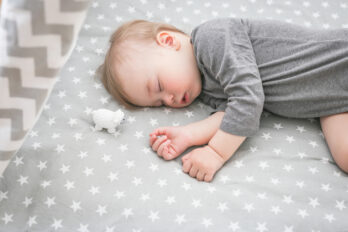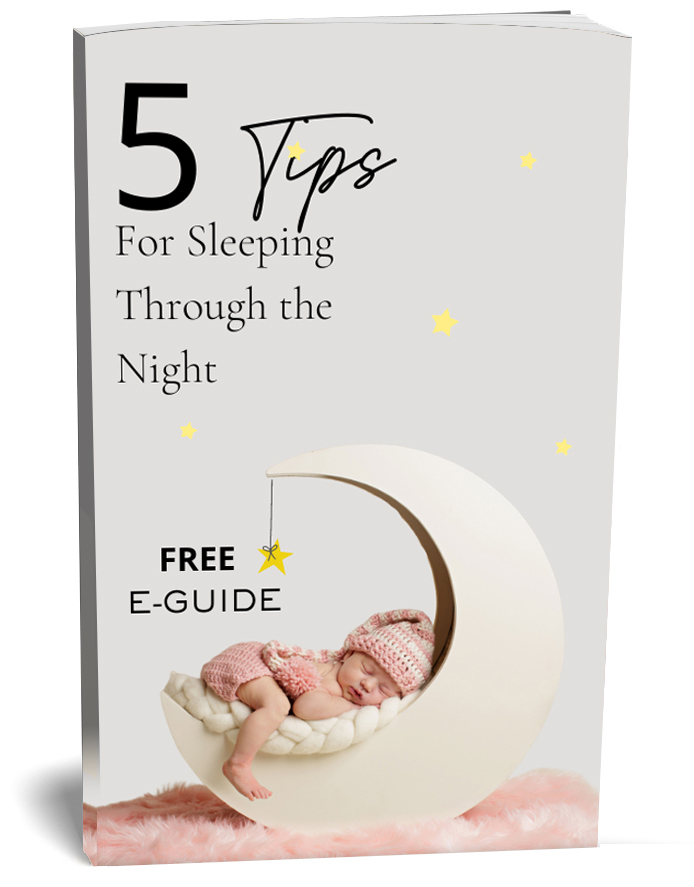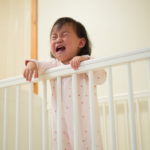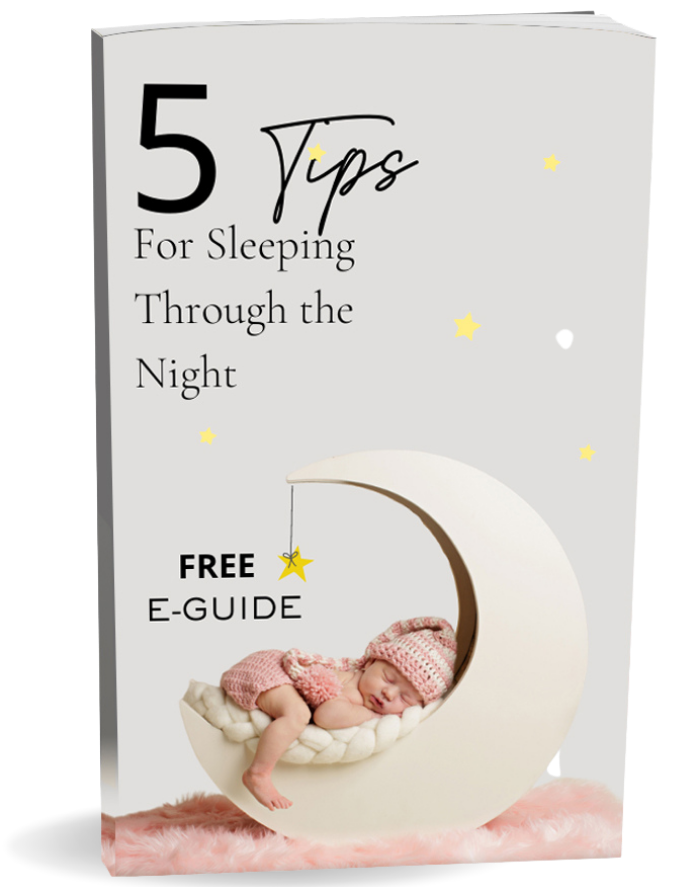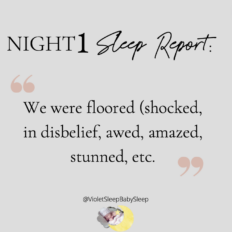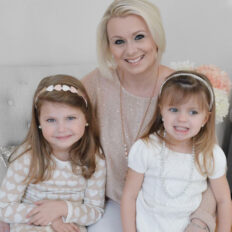Pro Tips for Creating a Cozy and Safe Sleep Environment for Babies
Does your baby struggle to sleep on their own during nighttime? Do they toss and turn or seem fussy in their crib? Training your baby to sleep independently has many benefits for parents and children. However, it involves a process that can be quite challenging.
While there are no secret shortcuts to make your baby sleep in a snap each night, there are some strategies that you can try to help them fall asleep faster, deeper, and longer. In this article, we share practical tips on how to simulate a comfy and safe sleeping environment for babies.
Tip#1 Follow a calming sleep time ritual
Sometimes babies doze off because they’re drained of energy, but then wake up cranky after a short while because they feel sticky and uncomfortable from milk spills, sweating, or wet nappies. In some cases, they may also have a hard time falling into a deep sleep when overtired and overstimulated. Help their little bodies slow down and know it’s time to sleep by regularly doing a soothing nighttime routine.
These include:
- Giving them a warm and relaxing bath cools down their bodies and helps make them feel sleepy afterward.
- Performing gentle baby massages before bedtime. According to a study, massages help infants may help newborns develop a more regular sleep cycle and decrease crying in colicky babies.
- Dressing them up for sleep by changing them into cozy pajamas and fresh, clean diapers. Avoid putting on excessive layers of clothing, which can make them sweat profusely. Don’t put bonnets or head coverings that can cause suffocation.
- Doing story time or singing lullabies gives them time to settle down.
Tip#2 Create a conducive environment for quality snoozing
Encourage your baby to want to curl up in their crib and have a restful night by setting up an ideal environment for sleeping. Your baby’s nursery should be quiet, dark, and with a slightly cold temperature — not too hot or too cold, which can trigger nighttime awakenings, or overheating, which increases the risk of sudden infant death syndrome (SIDS).
- Keep the room dark as much as possible. Use blackout curtains for daytime naps. These are our favorite because they block out 100% of light and they don’t require any hardware. If you have a night light in your baby’s bedroom, put it in a strategic spot far away from the crib.
- Maintain a cool and comfortable temperature between 68° and 72°F.
- Keep the crib at least a couple of feet directly away from cooling or heating sources, such as air conditioning, heater, radiator, or windows.
- Make sure everything is quiet, and there are no distractions—clear toys and other unnecessary objects that may squeak or create noise.
- Clean and vacuum the nursery at least once a week to eliminate dust and dirt that can trigger allergies, affecting your baby’s overall sleep quality.
Are you concerned about dust and other allergens at night? Book a professional home cleaning service to deep clean the nursery or your whole house for peace of mind.
Tip#3 Observe safe baby sleeping practices
Regardless of your sleeping arrangements — whether you are co-sleeping or watching your baby in their nursery from a baby monitor from time to time — safe sleeping practices should be enforced at all times. Here are some steps to promote sleep safety in babies.
- Always make sure your baby only sleeps on their back on a firm, flat surfaces during the first year.
- Use only a firm mattress. Never let your baby sleep on air mattresses, waterbeds, or loose cushions and beddings.
- Use only a fitted sheet for the crib. Remove comforters, blankets, pillows, or bumper pads that may lead to entrapment, suffocation, or strangulation.
- Instead of blankets, use a wearable blanket to keep your baby from getting cold. Stop swaddling once your baby learns how to roll on their back.
- Remove all soft toys, teethers, and other choking hazards in the crib during bedtime.
The Bottom Line
Sleep is essential to your and your baby’s health, impacting everything from physical, emotional, and mental well-being. Doing everything you can to address this issue and support your baby’s sleep journey should be a priority. And yes, there’s a way out of sleep deprivation and be the best parent for your child.
Sleep, Baby, Sleep to the Rescue!
Do you feel like you’ve done everything you can, but nothing seems to be working long-term? Independent sleep training can be tricky. Get the help of an experienced baby sleep consultant who will guide you about gentle ways to get your little one to sleep through the night.

